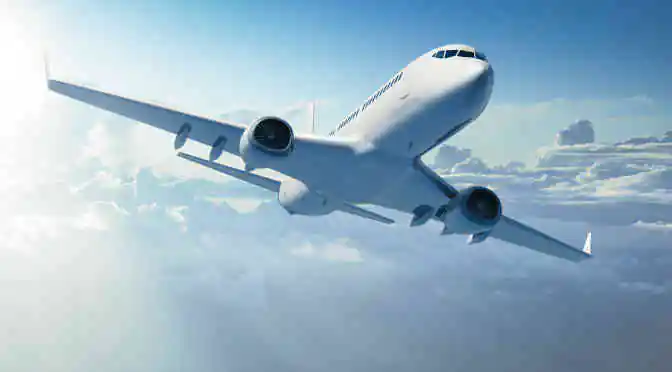Have you ever wondered what kind of technology gets your bags from point A to point B when you’re travelling?
Have you ever considered the trends and systems that impact the safe and efficient treatment of your luggage?
Probably not.
But now, you don’t have to wonder! Because we’re here to provide unsolicited answers to these and other question you never had about airport baggage handling.
So sarcasm aside, if there’s one thing that can ruin a trip (and your relationship with an airline) quicker than you can say “travel insurance” it’s lost, stolen or damaged luggage.
And with so many budget and full-services airlines available, one bad experience can easily make a customer turn to a competitor for their next trip, or voice their displeasure in more active ways.
Some disgruntled passengers have even gotten pretty creative after a mishandled baggage incident. Remember the “United Breaks Guitars” guy?
But it’s not just the impact to individuals that airlines care about. In fact, baggage issues cost airlines billions per year.
According to SITA, a leading air transport communications and IT specialist, the overall cost of mishandled bags to the industry was US$2.4 billion in 2014.
Long-term mishandled bag trends
Source: SITA 2015 Baggage Report
And while this number might seem high, the cost has actually fallen significantly since 2007.
“The total number of mishandled bags fell by 48.5% to 24.1 million in 2014 (down from 46.9 million in 2007). The decrease in the rate of mishandling has been even more dramatic – down 61.3% to 7.3 bags per thousand passengers (compared to 18.9 bags per thousand in 2007). As a result the industry has seen its mishandled bag costs reduce by 43.1%.”- SITA 2015 Baggage Report.
A big reason for this drop is innovation in the commercial air transport industry. Carriers are becoming well aware of their precarious position, and the need to satisfy their passengers in all aspects of travel—including baggage handling.
Mishandled bags: Breakdown
In 2014, delayed bags made up 80.2% of mishandled bags, while damaged and pilfered bags accounted for 14.3% and lost or stolen bags represented 5.5%. In the same year it took an average of 1.6 days to reunite passengers with wayward baggage.
Main reasons for air passenger baggage delays 2014
Source: Technavio, 2015
According to a new Technavio report, the global commercial airport baggage handling systems (BHS for short) market will reach a value of $9.08 billion by 2020, up $2.81 billion from its 2015 value.
A lot of this growth can be chalked up to airlines and airports investing more in baggage handling technology, to ensure a smooth process for their customers.
Emerging trends and technology in baggage handling
Growing use of RFID technology
Technology streamlines the baggage handling process, which ultimately delivers a better experience for passengers.
Airport IT companies like Daifuku, Glidepath, SITA and Siemens have implemented global IP-based networks for efficient BHS. These networks use barcoding and RFID tagging to manage the flow of the baggage between different aircrafts and airports.
Self-service baggage options
Self-service kiosks that allow passengers to process their own bags at the airport are popping up more and more.
In air travel, the decision to implement a system like this can come from either the airport or specific airlines. In general, self-tagging initiatives have been led by airports, with 38% offering these services in 2014. Airlines have been a bit slower to adopt the technology, and currently 33% are offering self-service kiosks.
But according to SITA, these numbers will shift in the near future; 86% of airlines are planning to implement assisted bag drop by 2017, with airports coming in just under that at 74%.
Use of mobile devices for baggage handling services
Earlier this year, the International Air Transport Association (IATA) mandated that all members maintain accurate baggage inventories in order to prevent and reduce mishandling, reduce baggage fraud and improve the overall baggage process. The resolution is expected to significantly increase the use of mobile devices for bag tracking through 2018.



